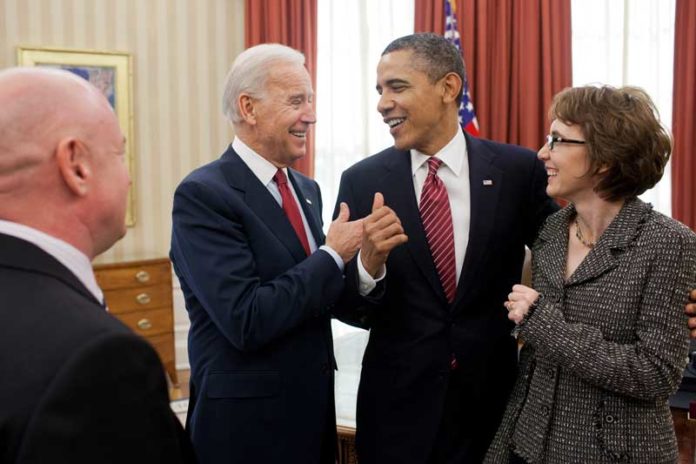An alarming report comes from the Australian Intelligence community: The radical Islam terrorist group ISIS has collected enough nuclear material to assemble a “dirty” bomb. Said material was likely seized from captured government facilities in Iraq including hospitals and research labs.
Julie Bishop, Australia’s foreign minister, told The Australian that NATO is concerned over this development. As she put it, “the insurgents did not just clear out the cash from local banks.”
This troubling development comes on the heels of Ms. Bishop expressing trepidation that ISIS has weaponized chlorine gas, among other chemicals. In a speech in Perth on June 5, 2015, Ms. Bishop said “The use of chlorine by Da’esh [Arabic name for ISIS], and its recruitment of highly technically trained professionals, including from the West, have revealed far more serious efforts in chemical weapons development.
“Da’esh is likely to have amongst its tens of thousands of recruits the technical expertise necessary to further refine precursor materials and build chemical weapons.”
The former commander of the British army’s chemical weapons unit, Hamish de Bretton-Gordon, backed up Bishop’s dire warning according to The Australian.
There has been no response yet from US officials to these developments. In fact, De Bretton-Gordon said that Bishop was the “first senior politician from a major Western government” to speak on the issue.
The news of these WMDs in ISIS hands is especially troubling for two reasons. First, the group has declared that Ramadan will be a time of great conquest, and intelligence communities around the world are anticipating big, headline-grabbing actions. Equally worrisome is the nature of a dirty bomb itself. Less destructive than a conventional nuke, a dirty bomb is far easier to assemble from far more available materials. This means that the component parts of the bombs can be easily transported to new objectives, possibly across borders, to be assembled at the target areas. The unpredictability of ISIS’s terror tactics fits the use of these weapons perfectly.
ISIS may have another source of WMDs in the pipeline, too. Indian Minister of State for Defence Rao Inderjit Singh told the Shangri-La Regional Security Conference in Singapore that India is concerned ISIS could get conventional nukes from a sympathetic state like Pakistan. Pakistan and India rank near the bottom, globally, in the security of their nuclear armaments.
A silver lining for the US in these developments is that ISIS wouldn’t have a delivery system capable of reaching North America for these potential nukes, although allies in the Middle East, Asia, and Europe aren’t likely to take comfort from that. More likely, those allies will take umbrage with the lack of US response.
With valuable allies like India and Australia and the traditionally US-led NATO all voicing concern, it is incumbent on the Obama administration to support America’s allies with more than just a token force moved in for a “training mission.” John McCain’s assertion that we “have no strategy” is terribly damning to the administration in light of previous gains surrendered to the advancing terrorist state.






























